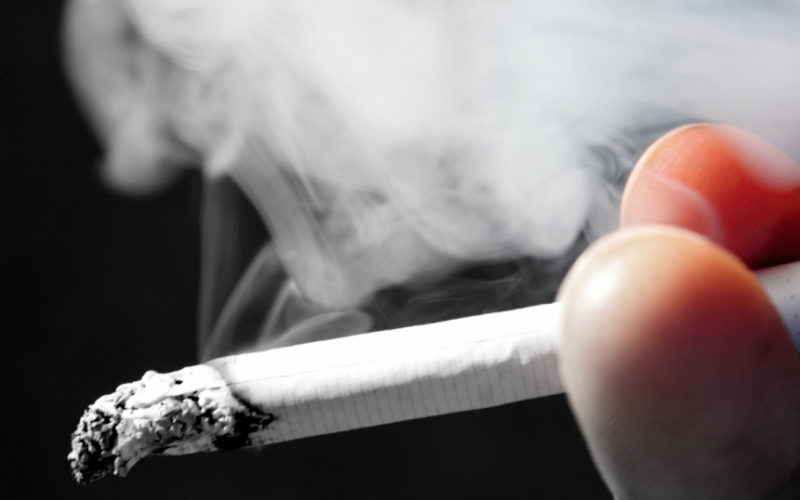Life expectancy is a statistical measure of the average time an organism is expected to live, based on the year of birth, current age and other demographic factors. Over the years, studies have shown many factors affect life expectancy. They include hygiene, diets, location, standard of living, among others; these contribute to increasing or decreasing life expectancy. Despite technological advancement, medical inventions and developmental strides that have revolutionised the healthcare sector in most western nations, in Africa declining life expectancy is a major issue. For instance, even with huge natural and human resources life expectancy in Nigeria is still poor and only comparable to many poor nations on the continent.

Tobacco is one of the factors that militate against the attainment of good health in most countries with declining life expectancy. Tobacco in its several forms of consumption is known to cause cancer, rupturing of the lungs (emphysema), fragile bone (osteoporosis), heart disease, stomach ulcers, cervical cancer, miscarriage, arteries and veins disease (Buerger’s disease) among others. Each of these fatal health conditions are capable of causing death and cutting short the life expectancy of a group of people if tobacco control measures are not properly put in place.
Cigarette smoking is an established cause of premature death; Life expectancy for smokers is at least 10 years shorter than for non-smokers. It has been found out that quitting smoking before the age of 40 significantly reduces the risk of dying from smoking-related disease. Tobacco smoke exhaled by smokers is not safe either, exposure to secondhand smoke (smoke exhaled by a smoker) causes an estimated 41,000 deaths each year among adults in the United States, let alone health risks and diseases associated with secondhand smoke often known as environmental tobacco smoke (ETS).
The United States Centre for Disease Control reported that smoking causes nearly one in five deaths; it is also reported that smoking causes more death each year than HIV, Illegal drug use, alcohol use, motor vehicle injuries and firearm-related incidents all combined in the United States. In Nigeria, a little less than 40% of adults are exposed to Second-hand smoke when visiting cafes/coffee shops and tea houses, and 8 in 10 adults are exposed when visiting bars/nightclubs. Motor Parks in towns and cities still prove to be the most vulnerable place for second-hand smoke.
According to the Global Adult Tobacco Survey (GATS) 2012, 5.6% Nigerian adults aged 15 years or older were current users of tobacco products about 10% of men and 1.1% of women. Interestingly, Life expectancy among women is slightly higher than that of men in Nigeria. The health of the younger generation will also take a hit if tobacco industry deliberate attempt to woo underage smokers is not counteracted with firm policy. The Big Tobacco Tiny Targets Nigeria Report released October 2017 reveals that 83.3% of stores and kiosks within 100 meters of schools had tobacco products on the counter. Thereby tobacco products are conspicuously displayed alongside candies and cookies for school children. The report also highlighted the familiar use of Tobacco Industry branded kiosks and push carts within 100m radius of school areas. The colour influence on the way tobacco are recognised and identified is known to promote appeal and impulsiveness in buyers especially children. These are subtle ways in which tobacco industries target buyers particularly the younger generations.
Countries the world over are taking the bull by the horn by controlling tobacco advertising, promotion and sponsorship, tobacco sales, tobacco packaging and tobacco use. Some countries in Africa have also banned shisha, one of the most lethal innovations of tobacco corporations. Kenya recently joined Rwanda and Tanzania in Shisha ban. Such responsiveness is one that Nigeria is yet to appreciate or else, going by the growing number of shisha bars in the major cities, this would seem a looming disaster to public health and in turn life expectancy in Nigeria in addition to secondhand smoke that tend to put even non-smokers and children’s health at risk.
By Olu’Seun Esan (National Tobacco Control Alliance, Nigeria)
